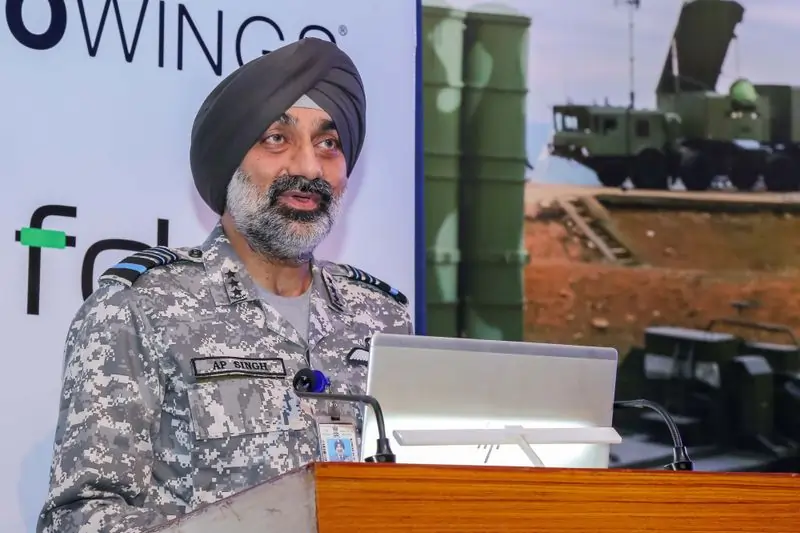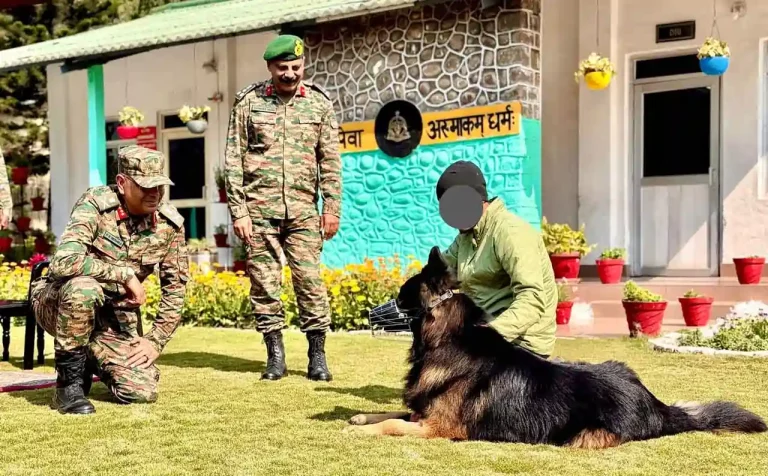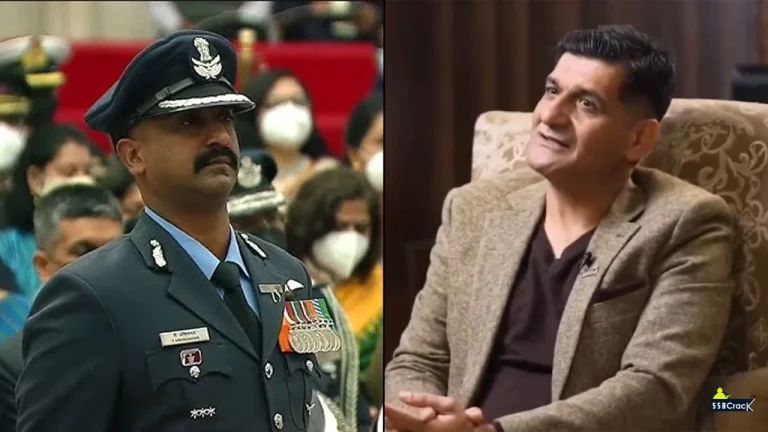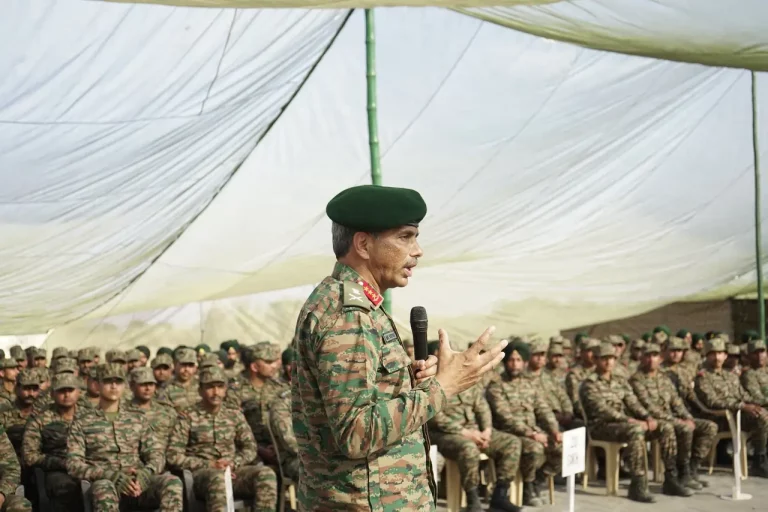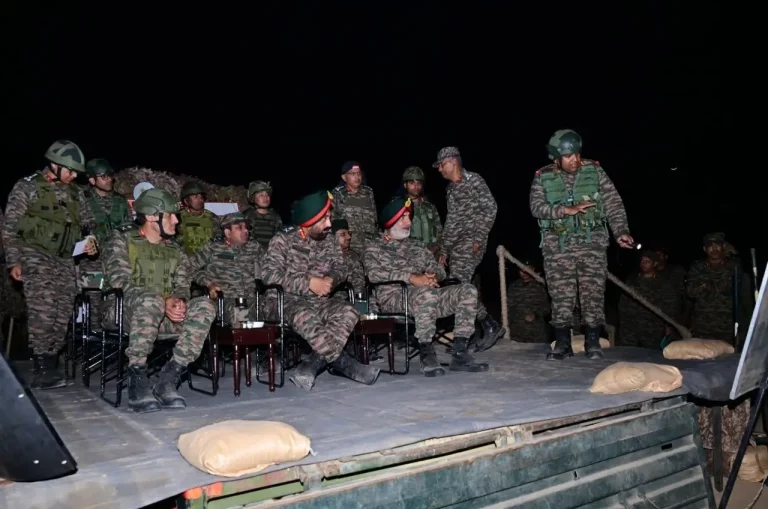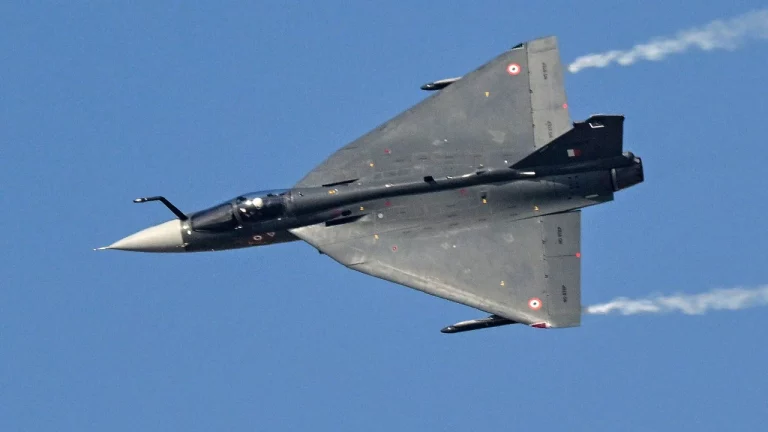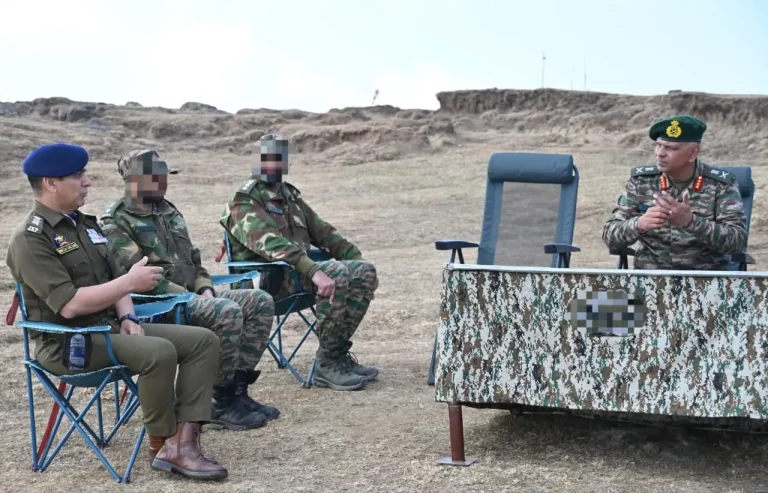In a significant push for India’s defense transformation, Chief of the Air Staff, Air Chief Marshal (ACM) AP Singh, has called for an accelerated journey toward self-reliance in defense. He emphasized the necessity of forging robust partnerships between the private sector and public sector undertakings to reshape the country’s defense landscape.
During his remarks, ACM Singh highlighted the alarming statistic that India currently imports between 60–70% of its defense equipment, which he characterized as a strategic vulnerability. He called for a mission-oriented approach to achieve nearly total indigenisation by the year 2035, framing it as essential for national security.
“Technology delayed is technology denied,” ACM Singh stated, stressing the urgency of timely research, development, and production to maintain India’s technological edge and operational preparedness.
The Air Chief underscored the pivotal role of private industry in igniting innovation and expediting production processes in defense manufacturing. Corporations such as Tata, Reliance, Adani, and Mahindra have already taken steps toward manufacturing aircraft components, drones, and missile systems. ACM Singh urged these private players to deepen their engagement, particularly regarding high-priority projects like the Advanced Medium Combat Aircraft (AMCA) and next-generation Unmanned Aerial Vehicle (UAV) platforms.
He advocated for Public-Private Partnerships (PPP) as a means to enhance production capabilities, generate significant employment opportunities, and nurture technical skills among the youth. Additionally, these partnerships could help boost India’s defense exports, contributing positively to the economy.
In addressing the research and development landscape, ACM Singh called for a comprehensive overhaul of the ecosystem. He insisted on the importance of fostering a culture that embraces risk and accepts failure as part of the innovation process to speed up breakthroughs. Reducing dependence on external allies and pivoting towards indigenous systems is essential for long-term strategic security, he argued.
With regard to regional security threats, ACM Singh noted the accelerated modernization of China’s military capabilities and stressed the necessity for India to match such advancements through homegrown innovation and superior training.
Looking ahead, he articulated a long-term vision for indigenous development that encompasses aircraft engines, radar systems, missiles, and a wide array of weaponry, establishing a foundation for national strategic autonomy. This ambitious vision dovetails with India’s broader goal of achieving complete defense self-reliance by 2047, aiming to build a globally competitive defense industrial base through strong collaboration among the government, the Defence Research and Development Organisation (DRDO), Hindustan Aeronautics Limited (HAL), and private enterprises.
